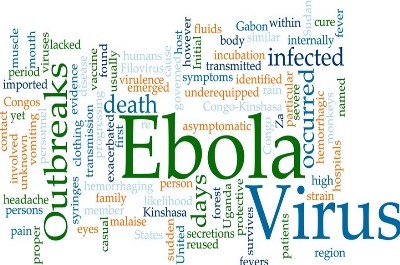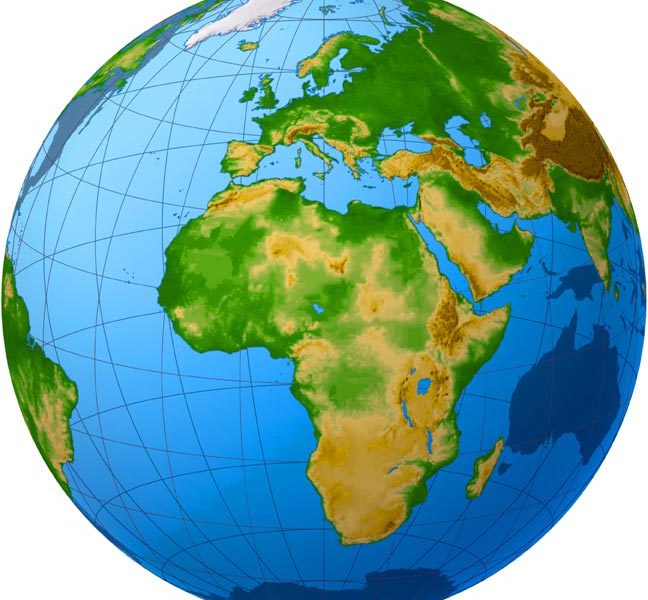Wash-Net Monitoring Report of 3 Days Stay at Home Campaign
OVERVIEW: Ahead of the three days Ose-To-Ose Ebola Talk Campaign, our members at the various levels have been very active in the Social Mobilization Taskforces at the National as well as District levels; working with the various DHMTs with a combined mix of expertise.
Monitoring forms part of the Network’s routine evidence based processes within the WASH sector in Sierra Leone and as such, the linking this public health emergency to WASH had a clear nexus on hygiene promotion and behavior change among others.
Ebola virus disease is a severe, often fatal illness, which was first discovered in Sierra Leone on the 25th May 2014 in Kailahun district eastern Sierra Leone.
Despite all of the strategies made by Government, development partners and Local authorities, this pandemic continues to spread to more districts including the capital Freetown. Considering the rate of the spread, Government and partners including UN agencies, government departments, agencies and civil society organizations embarked on the Ose-To-Ose Ebola Tok campaign which started on the 18th to the 21st of September, 2014 throughout the country. The campaigns targets about 1,500 households nationwide with over 21,000 volunteers trained to sensitize the populace for the three days period.
The three days Ose-To-Ose Ebola Tok campaign aims to cut the chain of transmission from one person to the other and also to build the confidence of citizens on the health care system of the country. As part of the objectives for this campaign, one was to set up neighborhood watch within communities to continue on the sensitization of the public and also serve as surveillance and contact tracers of Ebola patients. The campaign uses the six step approach of listen, acknowledge, apology, empathy, understand and correction in providing correct information, dispel rumors, and reduces the risk of contracting Ebola amongst community members.
WASH-Net’s role as a civil society network monitored the three days exercise with the aim of bringing out key successes amidst challenges and make concrete recommendations for future campaigns to succeed.
With our dedicated team of members, the Network after its civil society press release in August continues to intensify engagement at various levels as part of enhancing a collective effort to unite against our common enemy – Ebola.
COVERAGE OF THE MONITORING TEAM in the Western Area
In the Western Area for instance, the city was sub divided into monitoring zones to be covered by the WASH-Net team of staff, members and volunteers for the entire three days Ose-To-Ose Ebola Tok campaign. The sixteen-man monitoring teams for Freetown were as follows:
EAST TEAM
- Edmond Abu
- Alfred Dumbuya
- Umu Hawa Bangura
- Mary F. Kamara
- Ibrahim Bangura
- Abibatu Kanu
CENTRAL TEAM
- Musa Ansumana Soko
- Augustine Kamara
- Foday D.M. Sesay
- Patrick Pokawa
- George Koroma
WEST TEAM
- Musu Konneh
- Wurie Mamadu Tamba Barrie
- Ibrahim Jalloh
- Robert Sheriff
- Joseph Sunny
OBSERVATIONS
- The first day of the campaign was not a success, as most of the volunteer teams were not provided with the necessary logistics like soap and information materials.
- Most volunteer teams were not accompanied by a technical person like a health care worker from the Ministry of Health and Sanitation.
- Communities on hill/mountainous areas and slums were left out as most volunteers did not visit these communities because of the terrain and the conditions of these areas.
- The provision of water supply by Guma Valley Water Company for communities was visible with the installation of Miller Water Tanks.
- Some volunteers were not recruited from the communities as was original planned at the Social mobilization Taskforce level. This in effect made it very difficult for the community neighborhood watch initiative to work.
- In some communities, volunteers only distributed soap without educating households on the signs, symptoms and response mechanisms of Ebola.
- Some community volunteers were not placed in their community of residence.
ACHIEVEMENTS OF THE THREE DAYS OSE-TO-OSE EBOLA TOK CAMPAIGN
- Citizens’ compliance and adherence to the three days exercise making volunteers to meet and discuss and educate members on Ebola was incredible.
- The involvement of 2000 Community Health Volunteers in the campaign as an opportunity to tap into the skills and generate community-based solutions to the fight against Ebola.
- Massive public sensitization and increased awareness of citizens on Ebola through the Independent Radio Network and other community stations throughout the country.
- WASH-Net’s advocacy for greater involvement of the Water Resources ministry and more particularly the utility companies saw huge success with Guma Valley Water Company and the Sierra Leone Water Company supplying water to hard-to-reach communities.
- There was full utilization of the 117 Emergency Helpline based on the willingness of citizens.
- Citizens especially youth came out in their numbers to serve as volunteers for the three days exercise.
- Authorities were able to identify Ebola suspects and were also able to unearth dead bodies hidden in homes.
- The security forces were able to maintain security for the three days exercise.
- Discoveries of new Ebola cases and citizen’s willingness to come out for checkups increased enormously.
- There was Community acceptance and willingness of the volunteer teams throughout the country.
CHALLENGES
- The recruitment of some volunteers was not done in the communities making it very challenging to set up the neighborhood watch structures.
- Less involvement of key community stakeholders and traditional leaders to help in the recruitment of volunteers.
- There was poor coordination from the national emergency operation center to the District Health Management Team and to the team of Surveillance and Contact Tracing Volunteers (SCTV).
- Some Volunteers were not trained or less oriented on the concept of the Ose-To-Ose Ebola tok campaign. This in fact made it very difficult for some communities and households to access the requisite educational messaging.
- Response rate of the 117 emergency toll free lines, the burial and surveillance teams was not timely as a result of needs not matching to service/logistical availability for case management at the EoC level.
- Response to other emergency cases not related to Ebola was not forth coming.
- Soap availability distribution in a number of communities and households was a huge impediment to the process in general especially for the Western Area of Freetown.
RECOMMENDATIONS
- Better coordination between the national emergency operation center and all District Health Management Teams and community structures.
- Recruitment of more surveillance and burial teams to fast track response to calls.
- Logistics should be placed at community where implementation is done (Local Chief or Religious Places) not PHUs for easy access
- Early training and orientation for volunteers to enable them to prepare fully for the campaign exercise.
- All teams of volunteers must be accompanied by a health worker for better result and efficiency.
- Recruitment for volunteers should be done by community stakeholders and leaders devoid from political lens.
- Civil Society Organizations and Community Base Organizations play critical and leading role in social mobilization and publicity to gain public confidence and assurance
Media Engagement
Engaging the media was very vital in all of the campaign processes and as such WASH-Net together with its members nationwide was opportune to a range of Radio programs. Thanks to the Sierra Leone Broadcasting Corporation, Star Radio and Tumac Radio for establishing a supportive media environment for our work in the course of the entire campaign.
It is therefore worthy of note that the challenges in this report are crosscutting and with the full utilization of the media, we have aired these challenges for the EOCs attention and more specifically the Social Mobilization Taskforce in an effort to explore possibilities to improve on successes amidst the challenges of the three days Ose-To-Ose campaign.
For further information contact: Augustine Kamara Campaigns & Communications Officer Wash-Net Phone No: +232 76722877/ +232 79460607 Email: augustine@wash-net.orgStay with Sierra Express Media, for your trusted place in news!
© 2014, https:. All rights reserved.





